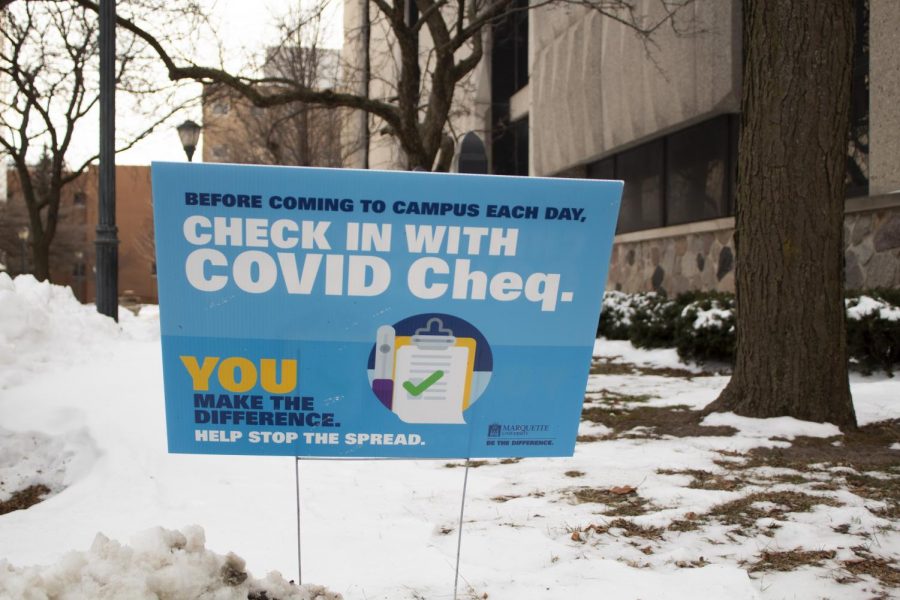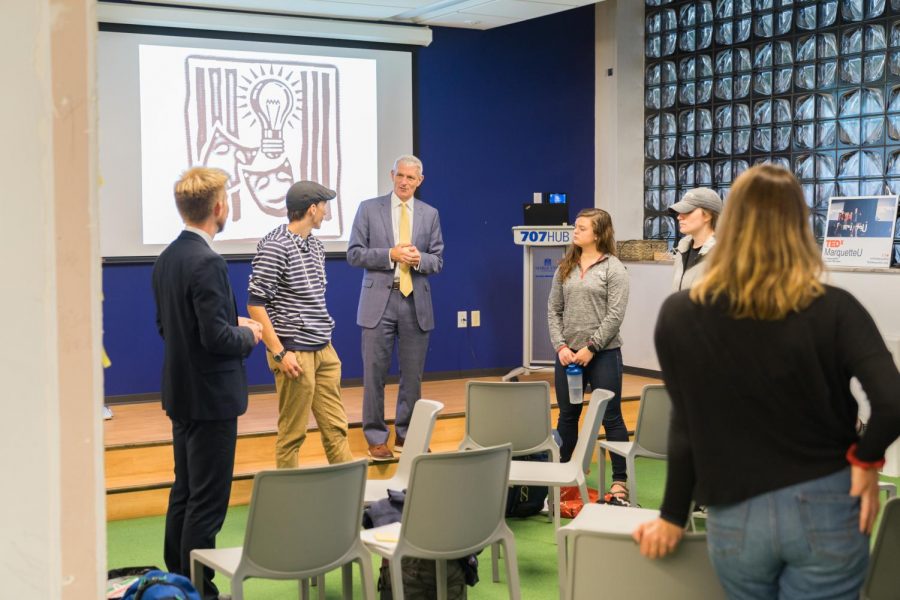 Now that we have reached the midpoint of the semester, I wish to write a reflection addressed toward our professors and instructors, who perform the most important work of the university.
Now that we have reached the midpoint of the semester, I wish to write a reflection addressed toward our professors and instructors, who perform the most important work of the university.
Nothing is more important to the future of a given discipline than its motivated, inspiring teachers. Students will flock to declare their major in your department if you can succeed in capturing their interest and passion.
It’s hardly my place to lecture the lecturer. I am, after all, a mere student. However, I’ve been around the collegiate block a few times. Over the years, I’ve noticed the best professors share several traits that I have consolidated into a few points for your consideration.
Regard students as your coequals in learning, not your subordinates.
There is perhaps no greater repellent to a subject or discipline than an arrogant, condescending professor who looks down from the podium. Your doctorate probably took a lot of work and years off your life, but it does not entitle you to superiority.
I’ve found that respect in the classroom comes when students feel like a professor’s colleagues.
My favorite English professor was able to learn the names of all his students on the first day of class. Each time a student spoke, everything about him – his eyes, posture and countenance – showed that even he could learn something from the student.
Use questions that begin with “why.”
Learning is strongest when it digests rather than regurgitates knowledge. It’s easy to engage students through questions that test the memory.
Who were the key persons behind the Constitution? What is the function of the nucleus in the cell? What is Newton’s first law?
However, consider that the hardest – but most rewarding – questions begin with the simple interrogative “why.” These prompts often require a moment or two of reflection and are not simple hiccups of information.
Why was there a need for the Constitution? Why would one argue that the nucleus is the most important component of the cell? Why does Newton’s first law logically come before his second and third laws?
Although not the easiest, the “why” questions are largely the most fruitful in discussions and lectures. They solicit opinions from students who should feel not as passive listeners in an auditorium or classroom, but as active members of a scholarly debate. Without the hard questions of “why,” your lecture and assignments, however interesting to you, will be only hypnotic and empty to your pupils.
The less you speak, the better.
This may seem counterintuitive, but focus on generating thoughtful discussion in your classroom. There is certainly a time and place for conveying facts, but most of that can be done by students in their studies.
The most effective learning requires students to handle the material themselves. We must own the topic to truly know the topic.
This requires you to facilitate discussion among students through carefully crafted questions and refereed discourse. Become a moderator to your students’ exploration of a subject. Let minority opinions have their place in controversies. Be or appoint the devil’s advocate.
Don’t worry if you fall behind in your lesson plans. Is it truly a loss of time if you ignite the passion of your students?
Be a spokesperson for your subject.
Good teaching is also an effort of successful marketing. Treat your subject as a product that must be sold to customers who have the attention span of a Facebook status.
Today’s young people are tech-savvy and appreciate advertising that is humorous, witty and thoughtful. Although you’re not selling clothing, you can invite students to wear your subject by allowing them to relate important principles to their own lives.
Show us how our lives would be better or more meaningful with a mastery of your subject.
In the end, your greatest asset in the classroom will be your passion and love for teaching. Above all, please remember our interdependence: We need you as much you need us.




Paco • Oct 28, 2010 at 4:33 am
Taco, I draw my experience from 20+ years in education. What education experience do TAs have when they teach?
Taco Lava • Oct 26, 2010 at 10:42 am
Hey Paco, this is Taco. A quick question for you. I am a TA at the university and am wondering what experience you have in the education field? You take on a very condescending attitude towards our teachers. I am awaiting a response.